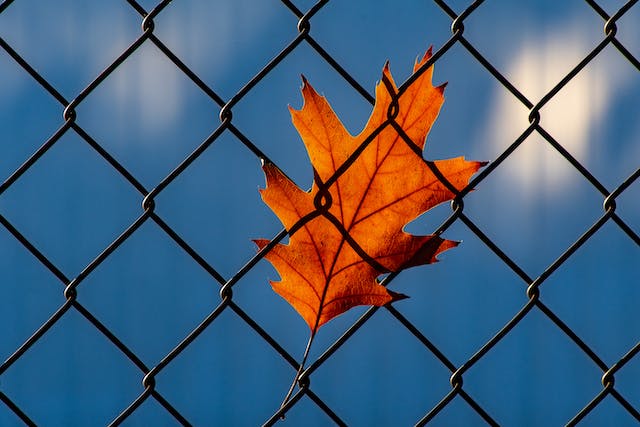Fencing is an essential part of raising livestock. It provides security and containment for animals, protects them from predators, and helps to maintain boundaries between neighbors. Properly installed and maintained fencing can also prevent accidents and injuries to both animals and humans.
Types of Fencing
There are several types of fencing commonly used for livestock, each with its own advantages and disadvantages. These include:
- Barbed Wire: This is the most common type of fencing used for livestock. It consists of strands of wire with sharp barbs attached at regular intervals. Barbed wire is relatively inexpensive and can be effective in containing large animals like cattle, but it may not be suitable for smaller animals as they can get caught in the barbs and sustain injuries.
- Electric Fencing: This type of high security fencing uses a mild electric shock to deter animals from touching or crossing the fence. It is often used for temporary containment or as an additional barrier along with other types of fencing. Electric fencing can be effective in deterring predators, but it requires regular maintenance and may not be suitable for all livestock.
- Woven Wire Fencing: This type of fencing consists of horizontal wires woven together to create a mesh pattern. It is suitable for containing smaller animals like sheep and goats, as well as larger animals when combined with additional electric or barbed wire fencing on top. Woven wire fencing can be expensive upfront but requires minimal maintenance in the long run.
- High Tensile Fencing: This type of fencing uses high tensile wire, which is stronger and more durable than traditional barbed or woven wire. It can be used for all types of livestock and is particularly effective in containing large animals like horses. High tensile fencing requires specialized tools and skills to install, but it is a long-term investment that can save time and money on maintenance.
- Wooden Fencing: Wooden fences are a traditional and aesthetically pleasing option for containing livestock. They can be built to any height and can provide good containment for most types of animals. However, wooden fencing is expensive to install and may require regular maintenance, such as painting or treating the wood to prevent rotting.
Factors to Consider
When choosing the right type of fencing for your livestock, there are several factors to consider. These include:
- Animal Type: The size and behavior of your animals will determine the type of fencing that is most suitable for them. Smaller animals may require finer mesh or non-barbed wire options to prevent injuries.
- Predator Control: If you live in an area with predators, such as coyotes or wolves, you may need to invest in additional fencing or electric fencing to keep your animals safe.
- Terrain: The terrain of your land can impact the type of fencing that is suitable. For example, if you have steep slopes, high-tensile fencing may be a better option than barbed wire.
- Budget: Fencing can be a significant investment, so it is essential to consider your budget when choosing the right type. While some options may be more expensive upfront, they can save you money in the long run on maintenance and repairs.
- Future Expansion: If you plan on expanding your herd in the future, it’s important to choose a fencing option that can easily accommodate this expansion without costly modifications.
Maintenance
Proper maintenance is crucial in ensuring that your fencing remains effective and safe for your livestock. This includes regularly checking for damage or wear and tear, keeping vegetation away from the fence line, and making necessary repairs promptly. Additionally, it’s essential to keep an eye out for any potential hazards, such as sagging wires or broken posts, to prevent accidents or injuries.
Conclusion
In conclusion, fencing for livestock is a vital aspect of animal husbandry. By considering factors such as the type of animals you have, predator control, terrain, and budget, you can choose the right type of fencing that will provide security and containment for your animals while also maintaining boundaries with your neighbors. Regular maintenance is crucial in ensuring the longevity and effectiveness of your fencing, so make sure to regularly inspect and repair any damage to keep your animals safe and secure. So, always choose the right type of fencing for your livestock based on their needs and your budget to ensure the safety and well-being of your animals. Happy farming!

